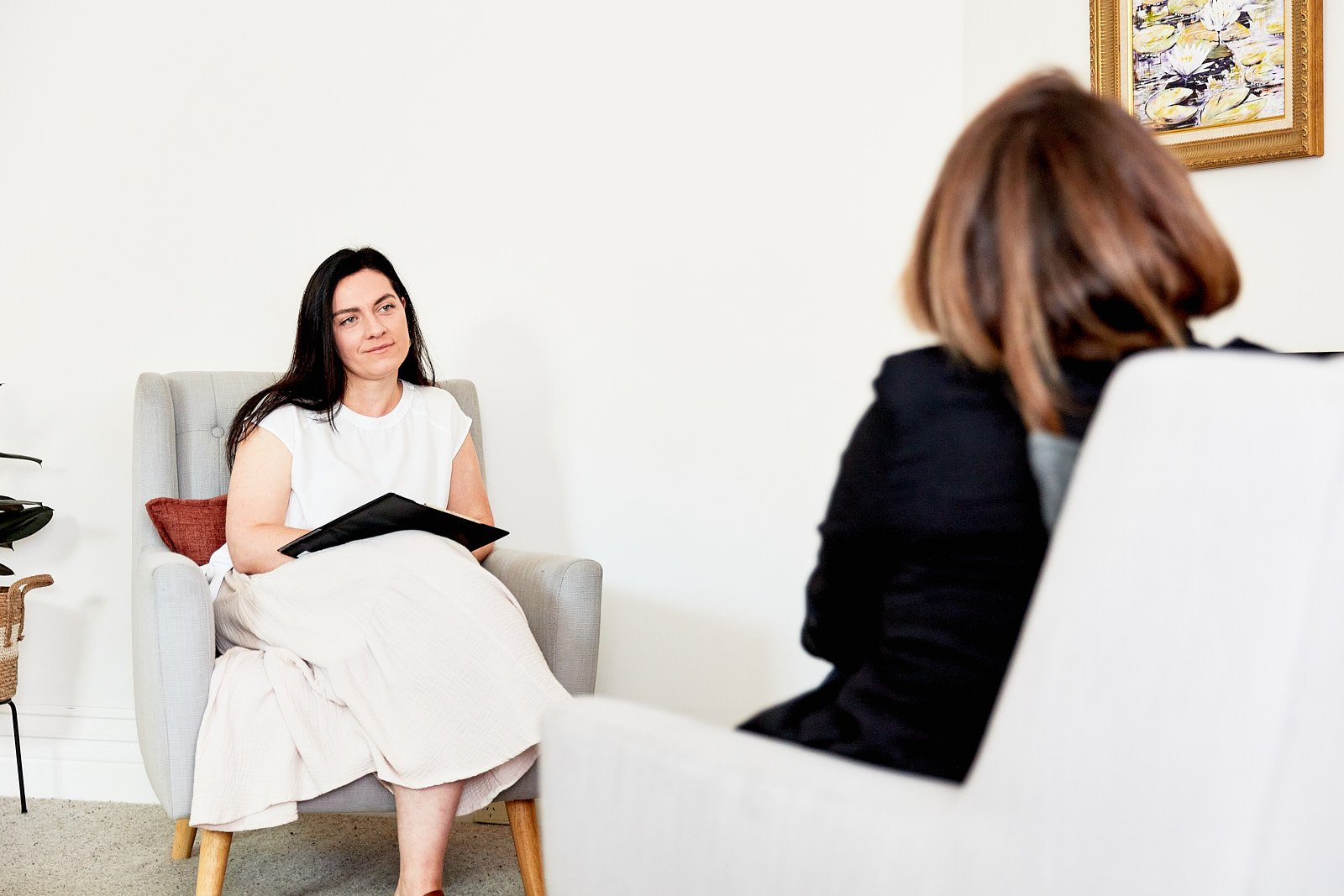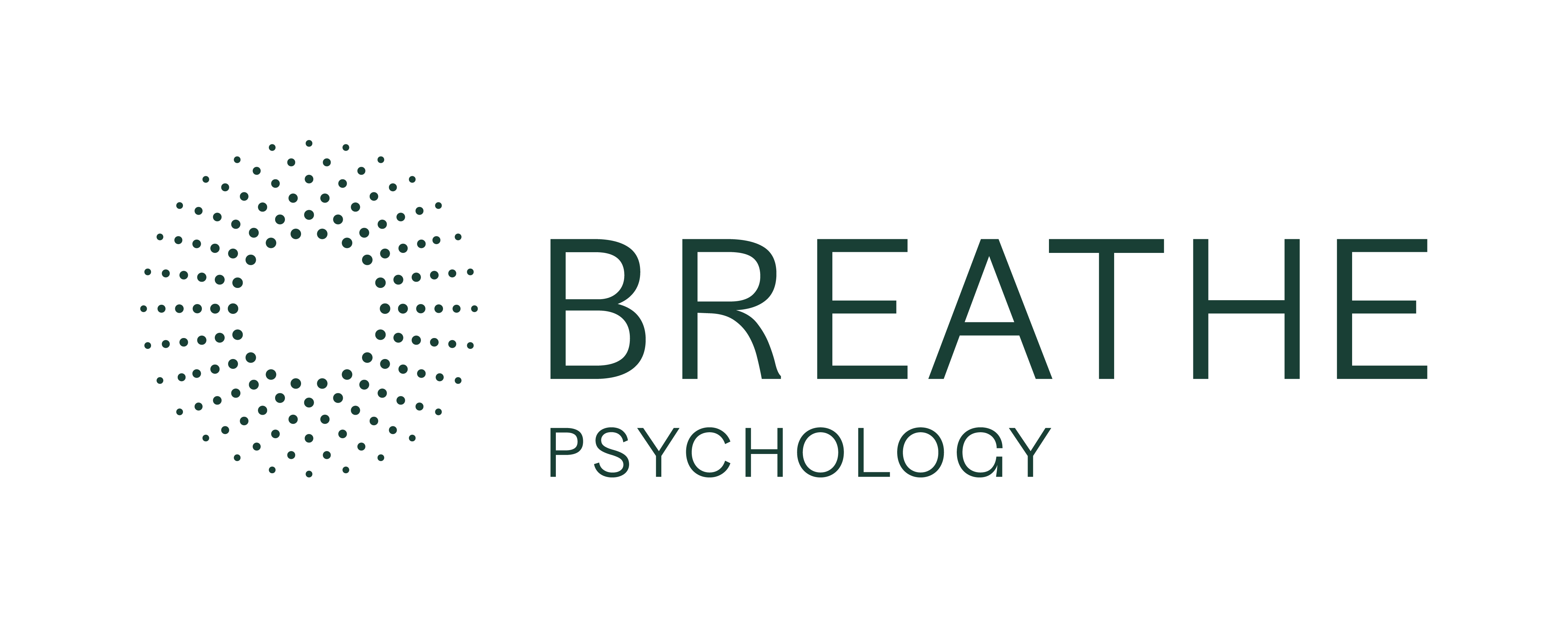Biofeedback
Typically, our physiological activity is involuntary. Biofeedback helps us learn to have more awareness and control over our heart rate, body temperature, arousal, muscle activity and breathing.
Our approach to Biofeedback
Biofeedback
Biofeedback monitors an individual’s levels of bodily functions by using a sensor. Placed on the end of the finger, this sensor sends immediate and accurate ‘feedback’ to a computer, for the client and therapist to see and hear.
By visually seeing how the body is functioning, while noticing our breath, muscle tightness, and our thoughts, we can learn to create physiological changes. Over time, these changes can continue without the use of the biofeedback technology.
Learn More
If we are feeling stressed, excited, or nervous about things going on in our external environment, biofeedback allows us to visually see our internal environment begin to change.
Biofeedback allows the clients to take control of what is happening in their own body. By using breathing and/or muscle relaxation techniques, they are able to consciously lower breathing rate, heart rate, arousal levels, and muscle rigidity. This is particularly beneficial for individuals experiencing anxiety, as it allows them to realise that they are in control of how their body functions, no matter what is going on in their external environment.
It may also be useful for individuals seeking some self exploration and assessing how one’s life events impact their physiology.
It is important to note that biofeedback is not used as a stand alone treatment, rather it is a tool that can be used in conjunction with other interventions such as individual talk therapy. There are no known side effects from the use of Biofeedback.

Our different approaches to Biofeedback
Heart Rate Variability Training
Heart rate variability (HRV) training is a type of biofeedback which focuses specifically on training heart rate variability and regulating the autonomic nervous system. Heart rate variability is the time between each heartbeat, which is measured by placing a sensor on the fingertip.
Learn More
One way we can lower our heart rate variability is to slow down our breathing. As we slow our breathing, we can see in real time how this is impacting our HRV on a computer screen in front of us.
Slowing our breathing and heart rate allows us to relax, manage our emotions, concentrate and experience a greater sense of calm and wellbeing.
Heart rate variability biofeedback can be beneficial for those experiencing:
Skin Conductance/ Arousal Training
Skin conductance training measures our levels of arousal, based on our skin conductance (otherwise known as the galvanic skin response) and electrodermal response (the ability of skin to conduct electricity).
Learn More
The biofeedback sensor, placed on the end of the finger measures the amount of electricity conducted through the skin, which indicates our level of arousal.
In times of stress, the skin conductance tends to increase and becomes more variable. Alternatively, when we are feeling relaxed, our skin conductance tends to decrease.
This reflects our physiological or psychological arousal, changing in response to our thoughts and our emotions. Skin Conductance Biofeedback allows an individual to become aware and gain voluntary control of this autonomic response.
Skin conductance biofeedback has been found to be beneficial in the treatment of:
- Epilepsy
- Chronic Stress
- Depression (or negative affect and low mood associated with other conditions/disorders)
Temperature Training
When we are feeling stressed, the temperature in our hands, feet, and other extremities decreases. This occurs because of our biological response to stress, where our blood moves from the extremities of our body towards our vital organs, to protect us from perceived dangers in our environment.
Learn More
As you begin to relax, warm blood moves back to your hands, feet and other extremities, therefore increasing their temperature. Temperature training (or hand-warming) biofeedback aims to measure your level of stress via your skin temperature, allowing you to consciously alter your stress levels to meet the circumstance or environment you find yourself in.
Temperature training has been found to be beneficial in the treatment of:
- Anxiety
- Depression
- Migraine Headaches
- Chronic stress
Not Sure?
Sometimes it’s easier to start with what you do know. Explore our get help with section or contact us to chat with one of our team.
We’re here to help you find the right support.
If you would like to see one of our psychologists, please submit an enquiry using the form below or call our team on (03) 9989 0107.
Please note that Breathe Psychology is not a crisis or emergency service and wait times to see a psychologist can vary. If you need immediate help, please contact:
- 000 – Emergency Services
- Lifeline: 13 11 14
- Suicide Call Back Service: 1300 659 467
- Barwon Mental Health Services (24/7): 1300 094 187
- Suicide Line: 1300 651 251
- Safe Steps (Family Violence, 24/7): 1800 015 188
-1800RESPECT (Sexual, Domestic & Family Violence): 1800 737 732
-MensLine Australia: 1300 78 99 78
- Rainbow Door (LGBTIQA+ Support): 1800 729 367
Before you contact us:
To help save you time, we want to be clear about when Breathe Psychology may not be the right service.
We are unable to provide support for:
-psychosis
-eating disorders and treatment under an eating disorder management plan.
-alcohol or substance use as the primary concern
-People under the age of 16
-court-related assessments, legal reports, or medico-legal matters
-services funded under TAC, WorkCover/WorkSafe, NDIS, or FAS
For some mental health conditions, a psychiatrist referral is required:
If you have a history of mania, schizophrenia, schizoaffective disorder, or bipolar disorder, a referral from a psychiatrist is required before engaging in our service. This helps us ensure your treatment pathway is safe, appropriate, and well supported.
If we are the right service for you:
We will ask you to complete an intake form. Your answers help us:
-understand what you would like support with
-learn about your goals and preferences
-identify any safety or clinical factors
-match you with a psychologist whose skills and availability fit your needs
Our Intake Officer and Admin Team review your information as part of our matching process. This process was developed by our Principal Clinical Psychologist to make sure matching is ethical, safe, and aligned with best practice.
If you have any questions or prefer to speak with someone first, please call our friendly admin team otherwise please submit an enquiry below.
